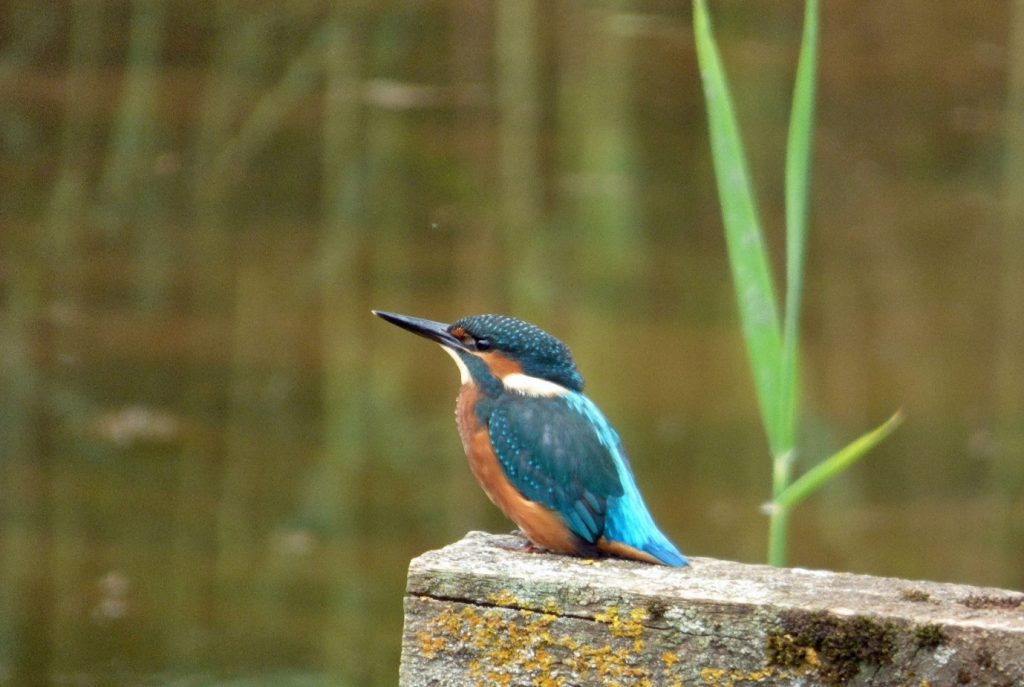Environment Day Blog – How has wildlife responded to the coronavirus lockdown?
We might not be getting herds of deer walking down high streets like in India, wild boar investigating city centres like in Madrid[1], or Llandudno’s menacing Mountain Goats, but there are likely to have been changes to for the wildlife of Shropshire. And most of it probably positive.
One of the most noticeable impacts has been as a result of less traffic on the roads. Previous reports from our public protection team have demonstrated that air quality has significantly improved in several areas. This will be having benefits for both flora and fauna – including ourselves of course. With impacts like human health being closely monitored, we might detect changes during this lockdown period, but the changes for wildlife are likely to go undetected.
Another impact of less traffic has been reduced noise near roads. What has been picked up in studies elsewhere is that birds don’t need to ‘shout’ to make themselves heard, and their songs are reverting to a more natural pitch and volume. This means that alarm calls can be heard, which will increase their chances of avoiding being attacked by predators – in particular cats, but also other birds. So a possible downside may be that predatory birds don’t come off so well. Predatory birds also feed on roadkill, and with less traffic there will have been less carrion birds and other scavengers.

When traffic levels return to more typical levels, the bird calls will return to higher pitch and volume to make themselves heard. Which may make their survival suffer.
With more use being made of local greenspaces, there are lots of reports of people noticing the sounds of wildlife to a greater extent. The timing of this is useful, as bird calls are known to reduce levels of stress, while traffic noise increases stress.
Perhaps this period of cleaner air and quieter, more natural soundscapes will be short- lived. But perhaps fewer people will drive, more people will appreciate and visit their local greenspaces, and hopefully the birds can again hear each other without screeching.
[1] Although Wild Boar have been recorded roaming free in south Shropshire for several years. https://shropshiremammalgroup.com/shropshire-mammal-atlas-2/wild-boar/
Written by Dan Wrench, Shropshire Council’s biodiversity officer
Keep informed and sign up to our daily coronavirus email updates
Shropshire Council wants to keep you as up to date and informed as possible. To help us do this, we have developed a coronavirus update that will be sent daily at 8pm via email to anyone who has signed up to our e-bulletins.
This update includes the day’s key Shropshire Council news, and some key news from our partners, relating to coronavirus-linked issues. Please click here to sign up for the updates.
Please do encourage your family and friends to sign up to the updates too. This will help us keep everyone up to date with the rapidly-evolving crisis.

